I test AI for a living and these are 11 AI-powered apps I use on my Mac
Image generators, chatbots and Word

Apple finally seems to be over its fear of using the letters AI in its marketing, branding the new M3 MacBook Air the "world's best consumer laptop for AI."
Despite the absence of AI in its branding, Macs have been very AI friendly for the past few years — at least since the launch of the M1 chip.
While Intel might have triggered a craze of “AI laptops” from companies using its Core Ultra chip, Apple Silicon MacBook’s have had a neural engine onboard since 2020.
What this means is that while developers scrabble to create apps and features that utilize Intel’s NPU, there are already a host of impressive, fast and useful Mac apps with AI onboard ready to install.
AI-powered apps for macOS
While I’ve tried to compile a list of apps that use on-board AI, some will also turn to cloud services for enhanced functionality.
Some functions require greater levels of processing power than can be achieved onboard, although the new M3 opens up many more possibilities.
Image editing
Pixelmator Pro
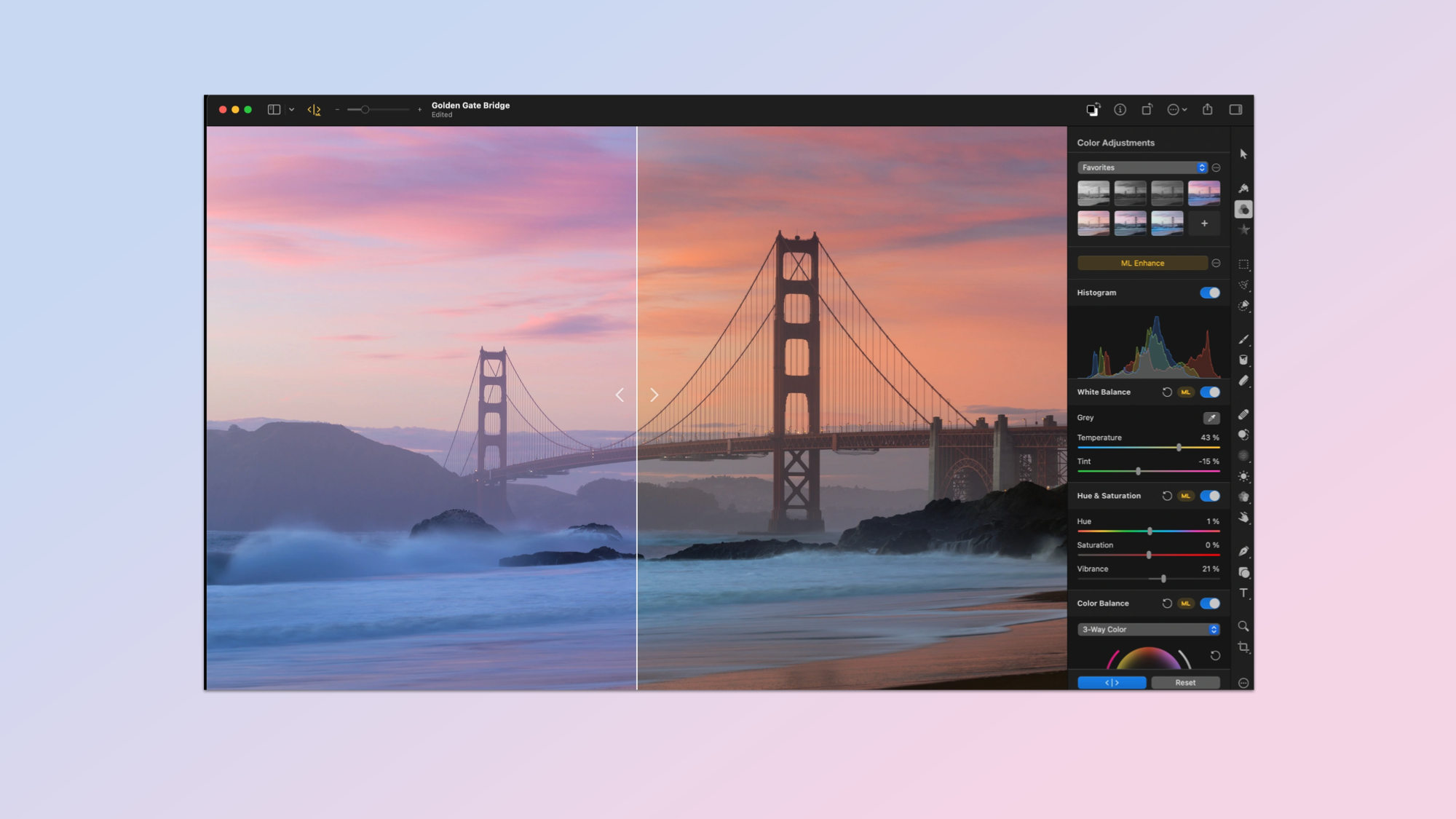
Pixelmator Pro is a well established image editing application for Mac and it offers a suite of intelligent, AI-powered tools including upscaling and denoising tools for photos.
Available as a free trial, Pixelmator Pro normally costs $49.99 but for that you get photo editing capabilities, design tools and vector art production. It runs natively on Apple Silicon and uses Apple's own Core ML to provide machine learning applications.
Luminar Neo
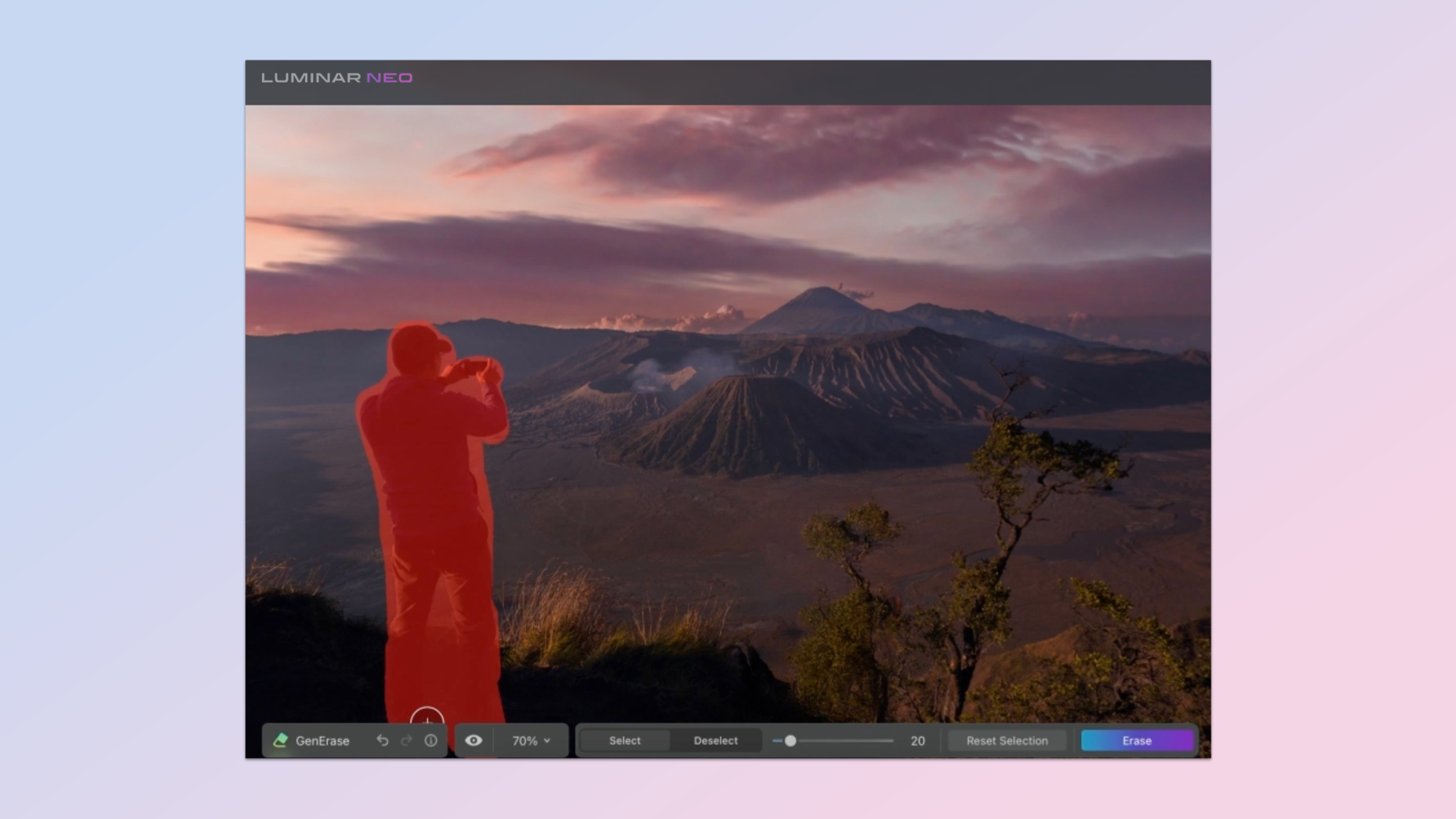
In the past Luminar Neo wouldn't have made this list as the processing for many of its more useful AI features happened in the cloud, but with the most recent release brings local machine learning on Apple Silicon.
Pricing depends on how long you want access but its between $12 for a month and currently $80 for a year. You can also purchase a lifetime license for $199. AI features include sky replacement, enhacements and Supersharp, designed to make even the most blurry photos crisp and clear.
Pictura

Much like the other two Pictura utilizes AI to enhance images. It comes with two AI models, both running locally on Apple Silicon and able to boost low-res images up to 4x.
Currently free to enhance the images, if you want to save them a lifetime subscription is $35. It has models for photographs and for drawings or anime. As it runs locally it processes the images quickly with minimal loading time and works by dropping files into the app.
Diffusion Bee
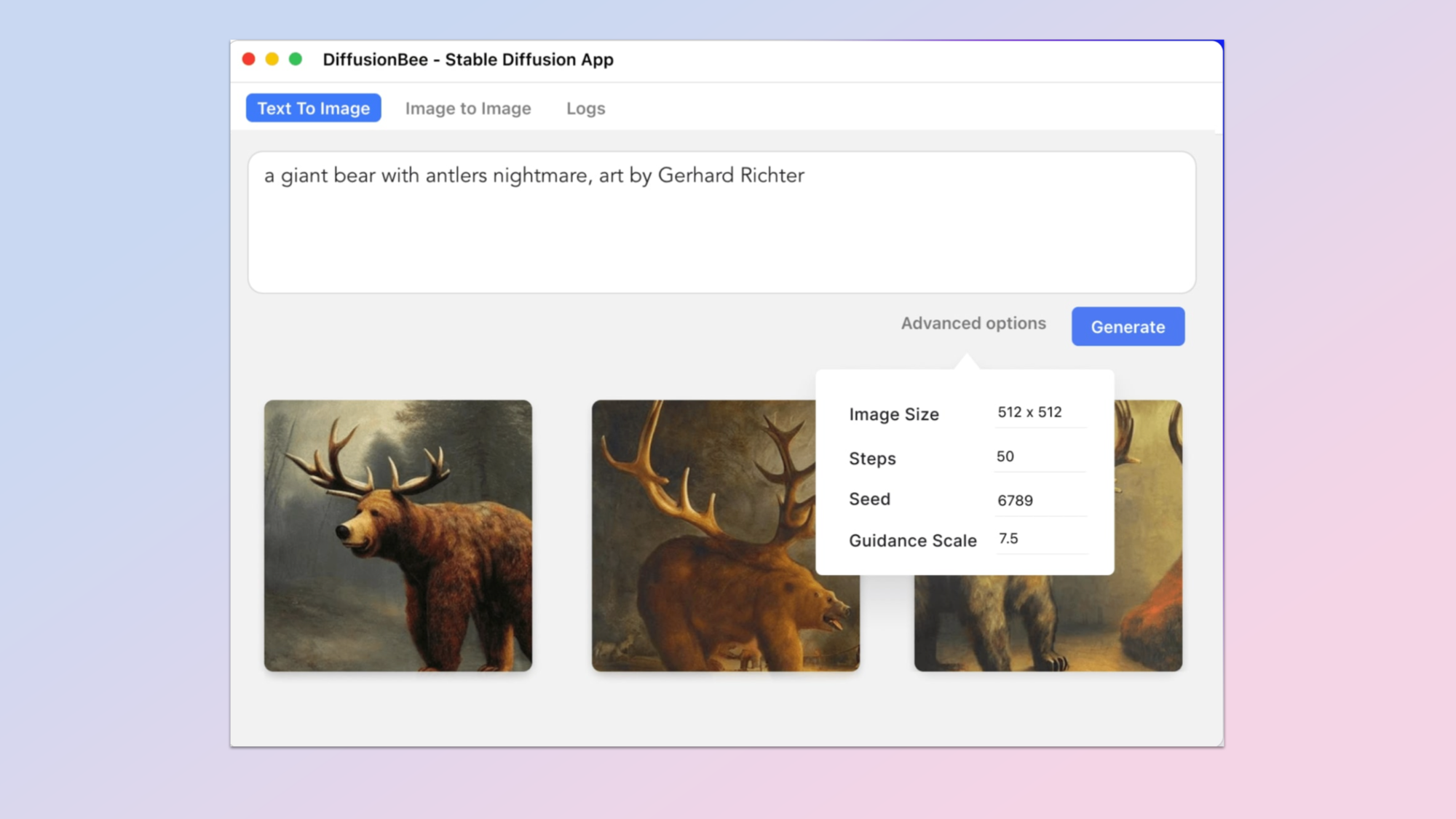
Diffusion Bee is a free macOS app that lets you run Stable Diffusion models to generate images on your MacBook. It runs offline and all data is stored locally. There are no additional fees or credits and works for text-to-image, image-to-image and upscaling.
Chat
Ollama
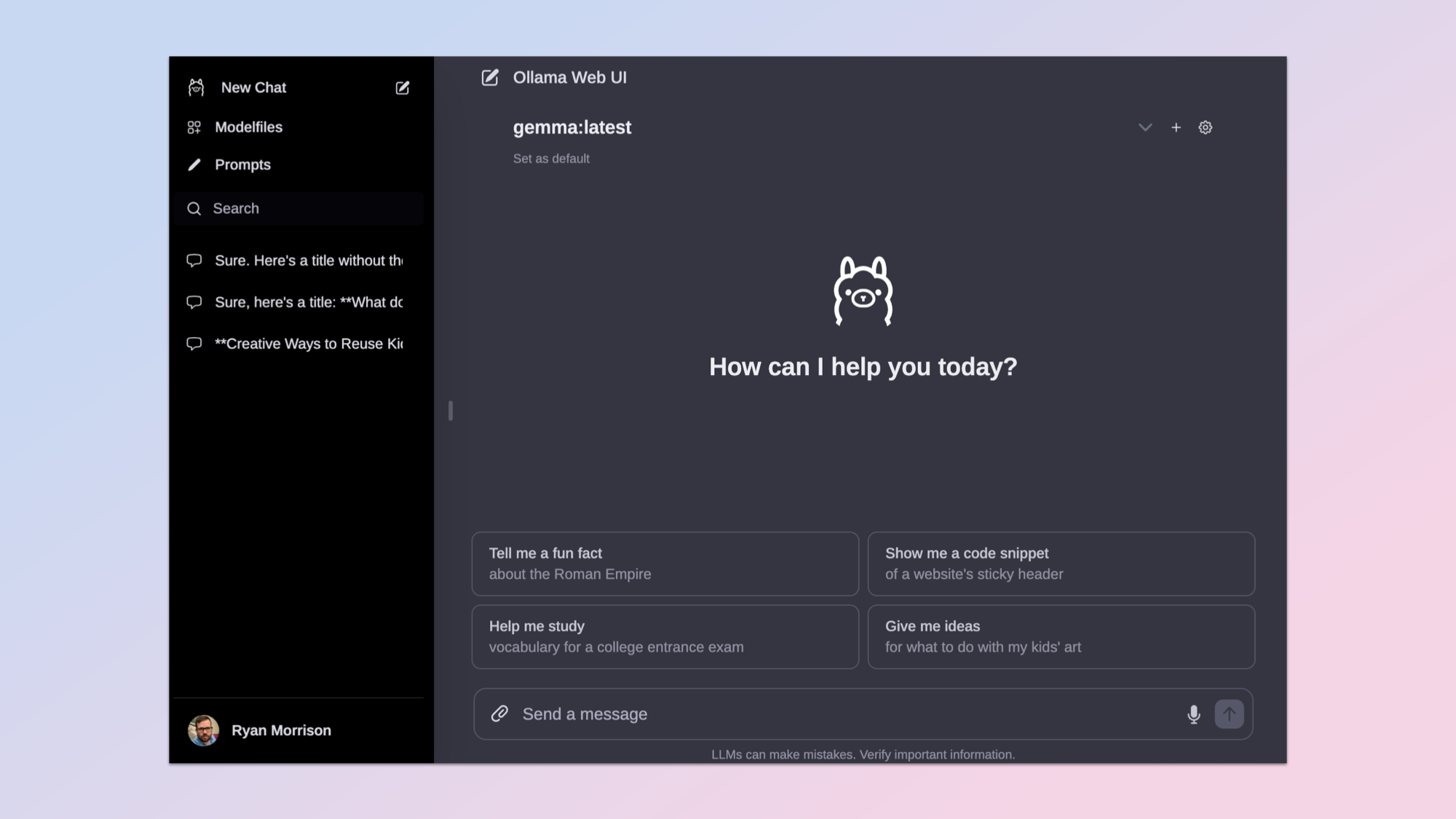
Ollama is a project for installing a wide range of open source large language models including Meta’s Llama 2, Mistral’s Mixtral and Gemma from Google.
These models all run locally on your laptop and with the addition of a web interface you can talk to them in the same way you would ChatGPT or Gemini. It is free, as are the models.
FreeChat
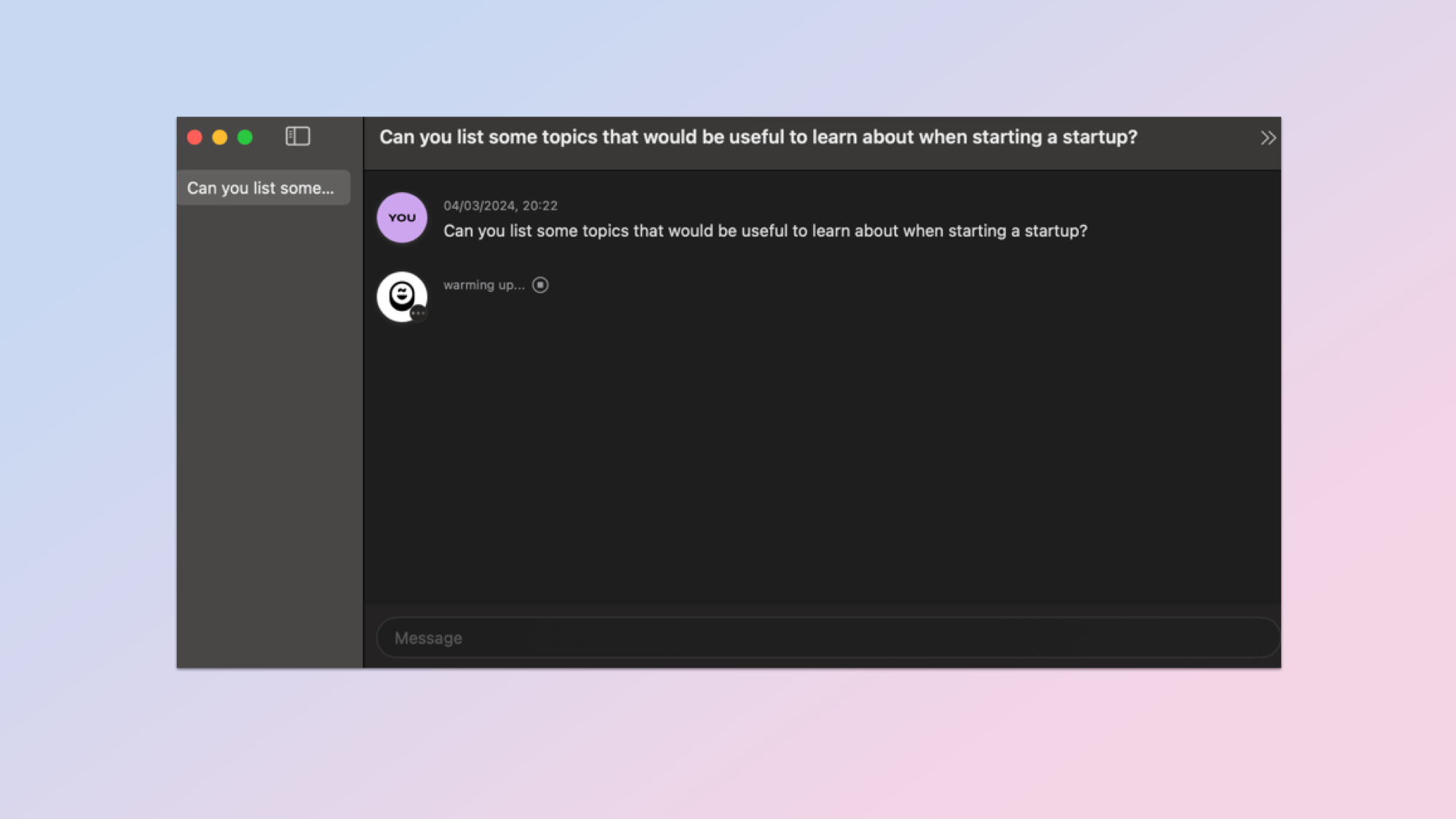
FreeChat is a native macOS app that lets you run a range of AI models and chat to them in much the same way you would ChatGPT or Gemini.
Unlike Ollama which requires using the Terminal to get models installed, FreeChat is a standalone, self contained app available on the App Store.
Productivity
Canary Mail
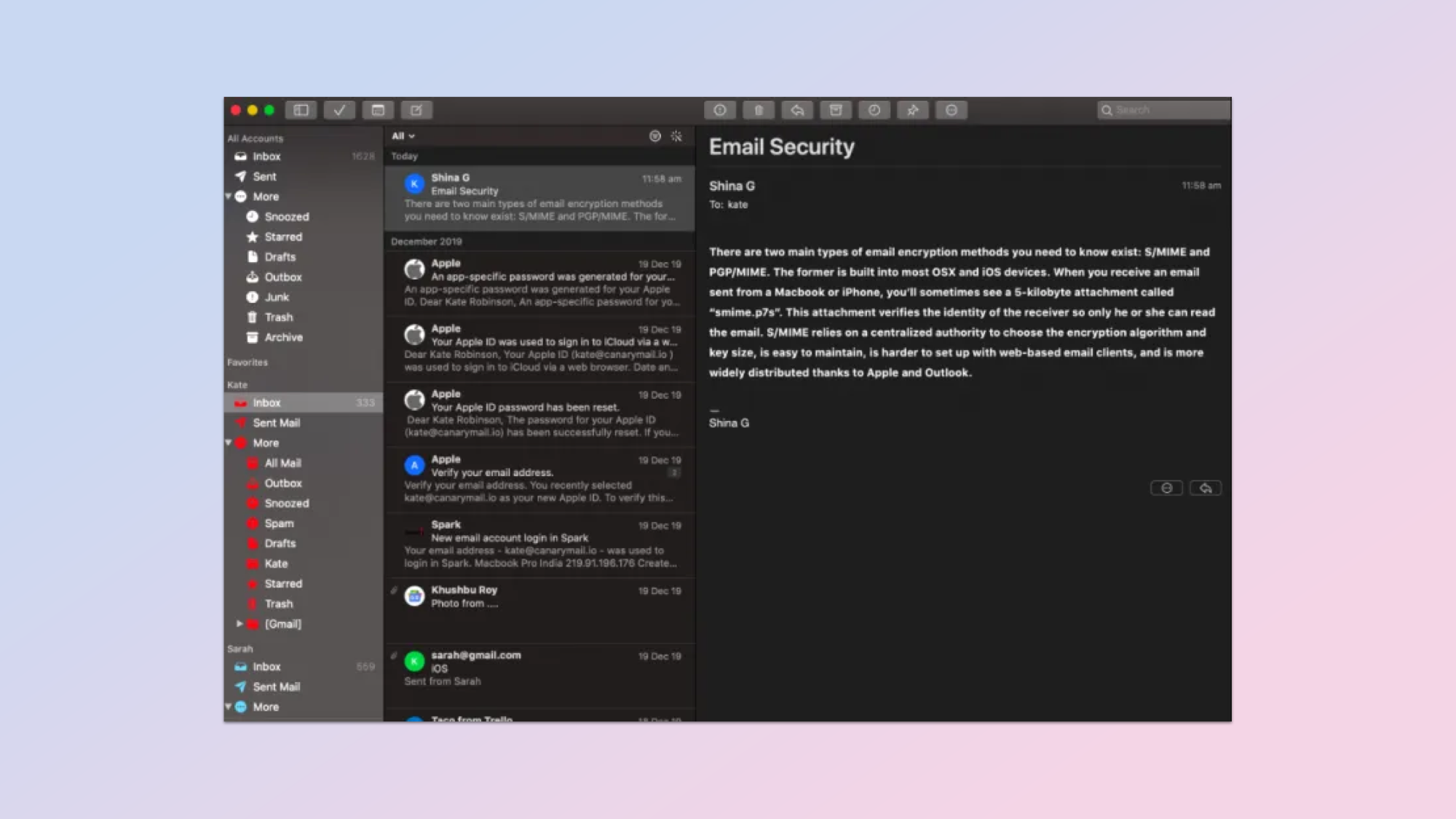
One of the more high-profile alternative email apps, Canary Mail has AI writing tools embedded including writing emails. It gives you the example of a prompt where you write an email to Neil Armstrong to congratulate him for landing on the moon. This feature is only available with a $49 Pro subscription but the first 30 days are free.
Arc Browser

Arc Browser is a modern web browser built for macOS that uses AI for advanced customization features. This includes the ability to react to your browsing habits and needs, adapting views and panels to reflect what you use most often.
Its use of AI is most obviously seen in its tab and download management. For example, it can automatically rename a tab to be more reflective of the content — instead of just taking the title defined by the webpage. It does something similar for download files, renaming them to reflect the content/source of the file rather than whatever it was named when uploaded.
Krisp
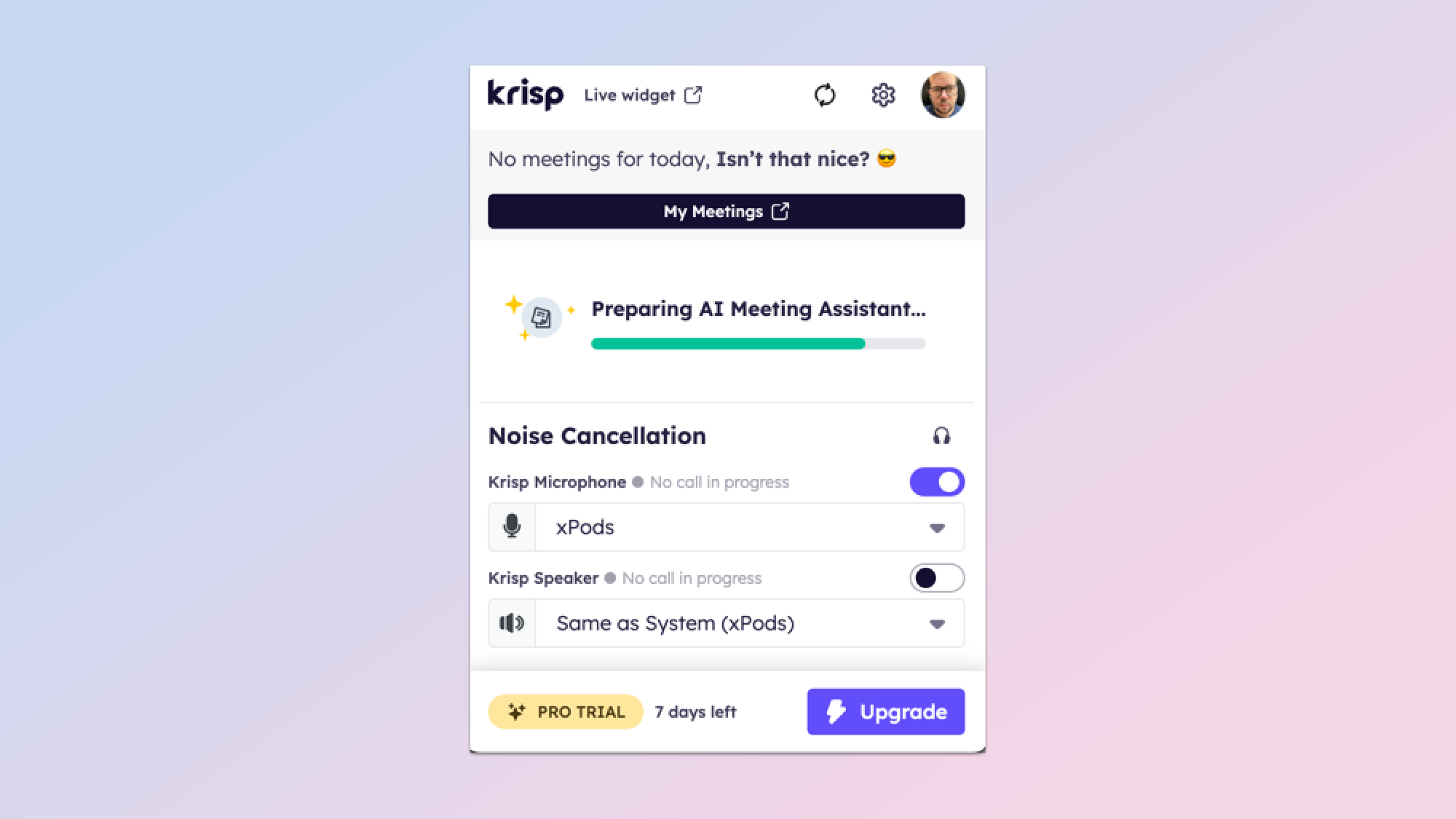
Krisp is an AI-powered tool to make meetings and calls easier. Its main function is noise cancellation, able to block background sounds from an open plan office or even a coffee shop.
It also includes transcription and automated notes. The basic plan is free to use with unlimited transcriptions and two meetings per day.
Noise cancellation lasts 60 minutes a day. The $8 per month pro plan offers unlimited meetings, bot-free recording and unlimited noise cancellation.
Writing
Microsoft 365

Microsoft’s 365 office suite, including Word, Excel, PowerPoint and Outlook is available for Mac and with it comes Copiot, the AI assistant powered by OpenAI’s GPT-4. You need a Copilot Pro subscription to use it with 365 and that costs $19.99 per month.
Copilot for 365 is one of the most useful AI tools I’ve ever tried, able to generate PowerPoint presentations from a Word doc, summarize and analyze Excel sheets and even act as a personal editor for Word and Outlook. Currently it doesn’t use Apple Silicon, it runs in the cloud for all AI processing tasks, but that may change in the future.
Craft
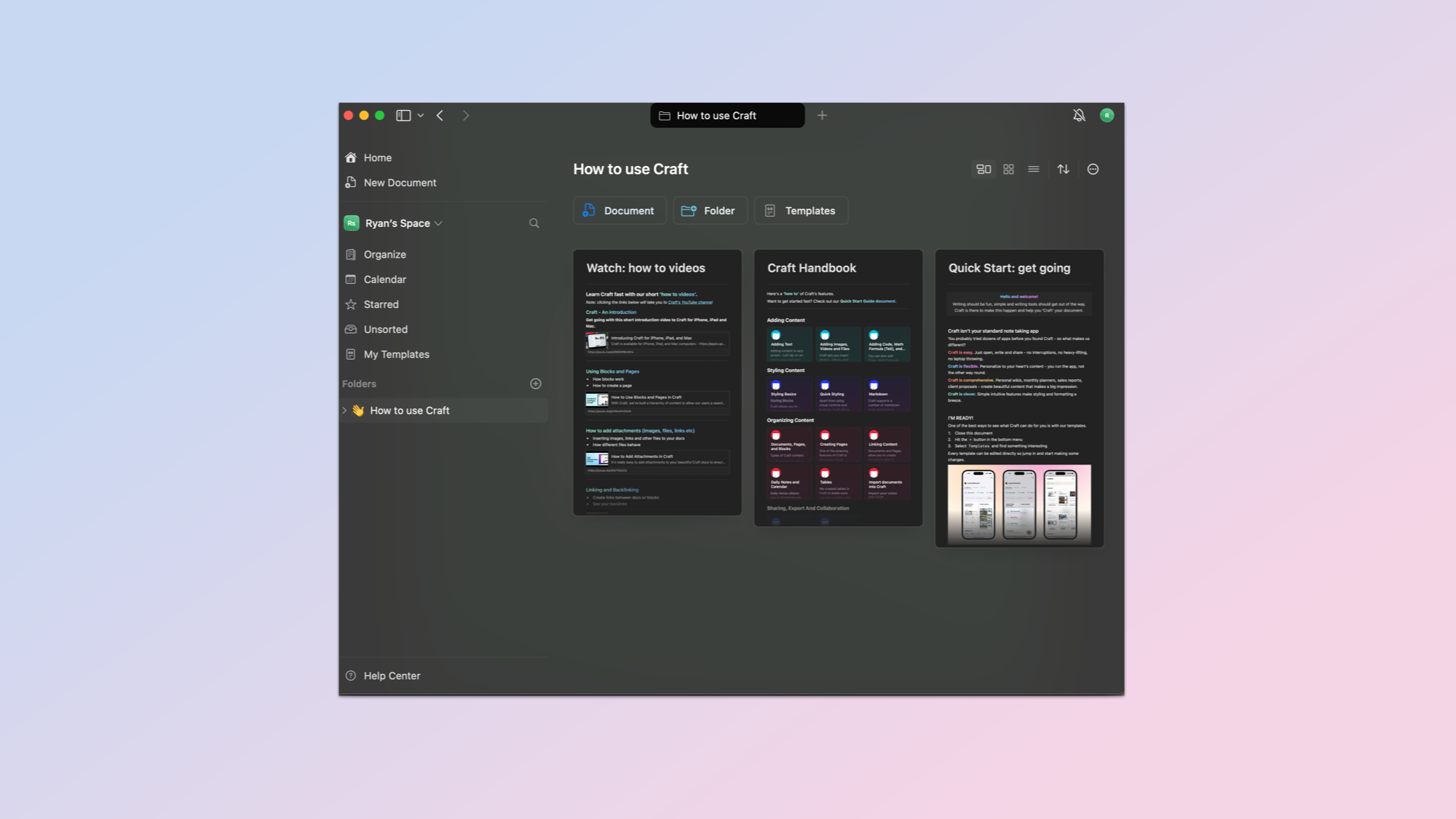
Craft is an AI-powered document editor. It is a native Mac app that makes it easier to take notes and craft documents including AI features such as templates and the ability to write full posts.
The free plan gives you 10 documents plus an extra two per week. The plus plan is $8 per month and gives unlimited document creation.
More from Tom's Guide
- Chrome users can now use AI to help them write anything — here's how it works
- Google Gemini: Everything we know about the advanced AI model
- I test AI for a living — here’s why Google Gemini is a big deal
Get instant access to breaking news, the hottest reviews, great deals and helpful tips.

Ryan Morrison, a stalwart in the realm of tech journalism, possesses a sterling track record that spans over two decades, though he'd much rather let his insightful articles on AI and technology speak for him than engage in this self-aggrandising exercise. As the former AI Editor for Tom's Guide, Ryan wields his vast industry experience with a mix of scepticism and enthusiasm, unpacking the complexities of AI in a way that could almost make you forget about the impending robot takeover.
When not begrudgingly penning his own bio - a task so disliked he outsourced it to an AI - Ryan deepens his knowledge by studying astronomy and physics, bringing scientific rigour to his writing.
